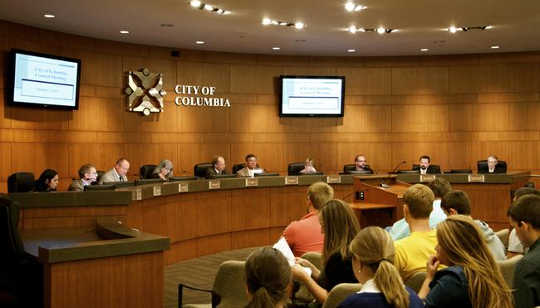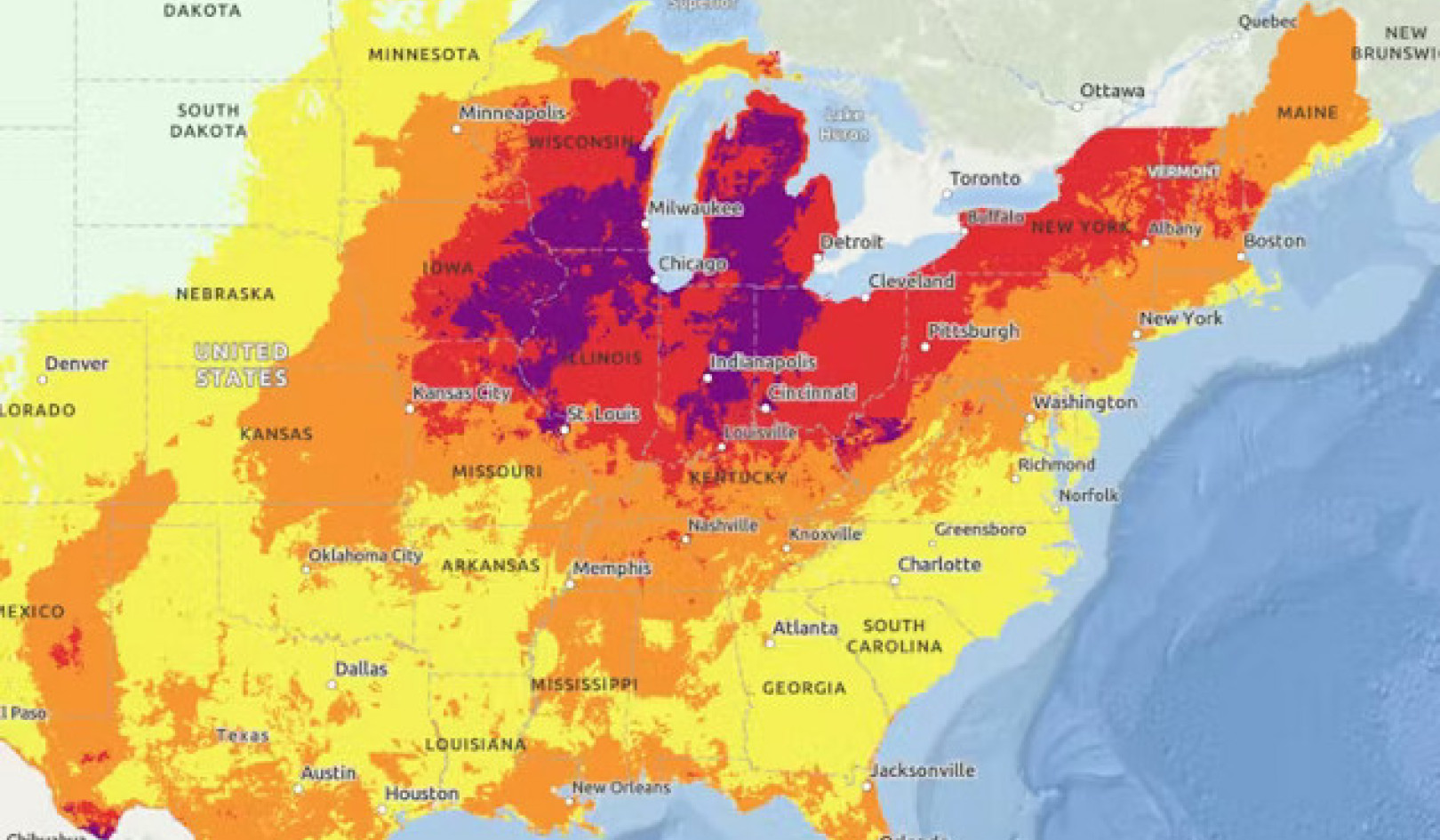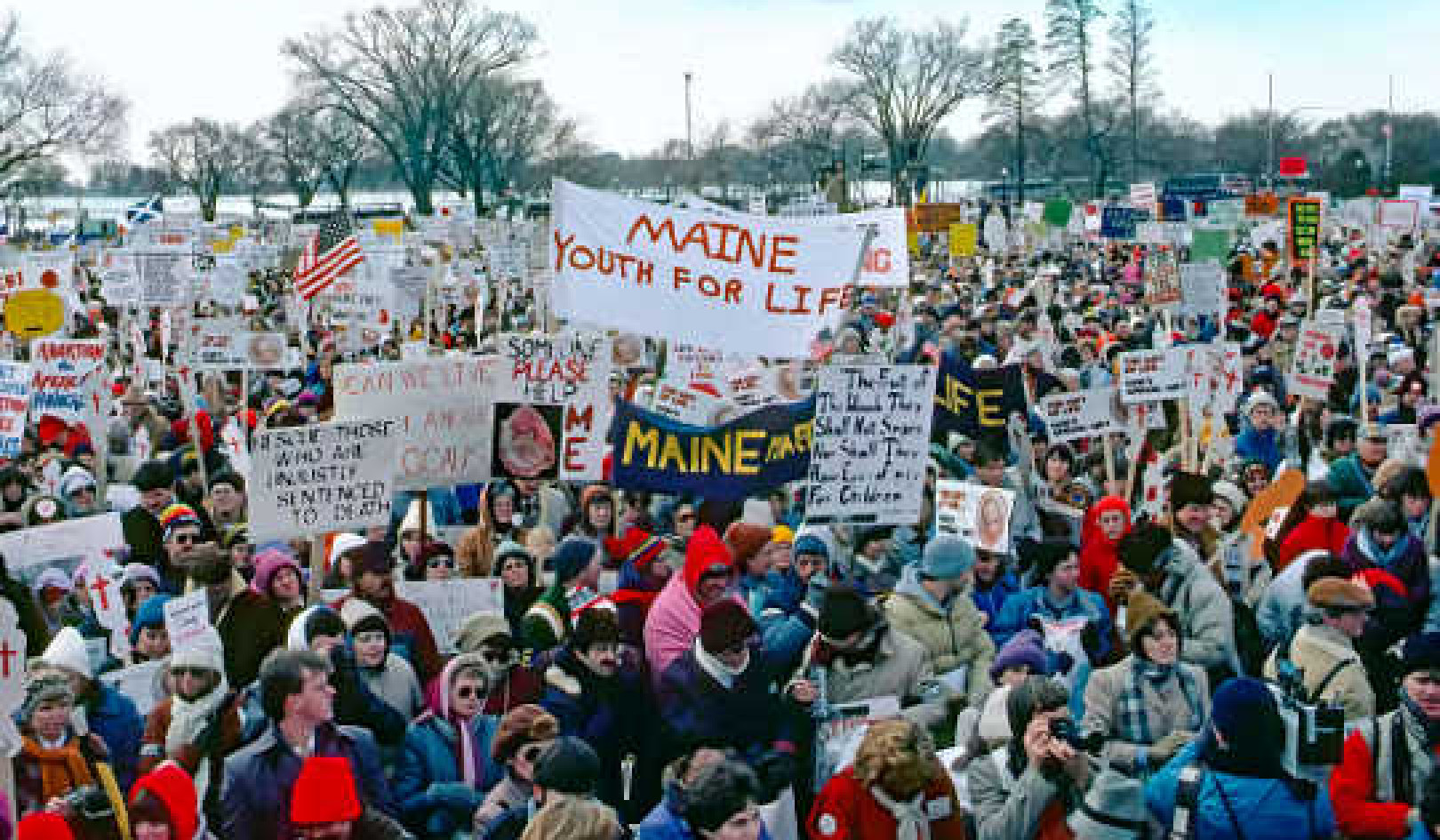
Worsening wildfires endanger communities. Invasive insects imperil forests. In the American West, many worry about these threats — but fewer fret about climate change, a major force behind both the burning and the bugs.
Why? Apparently, because lots of people don’t see the local connection. Polling residents of eastern Oregon, a new study published by University of New Hampshire sociologist Lawrence C. Hamilton and colleagues in the journal Regional Environmental Change found that although regional temperatures there have climbed twice as fast as the global average, only 40 percent of respondents recognized that fact. Echoing previous studies on global warming, local Republicans were more likely to say that temperatures haven’t increased, while Democrats were more likely to acknowledge that they have.
In the seven northeastern Oregon counties polled, average summer temperatures have risen over the past century, with heightened warming since the 1970s linked to more frequent wildfires. Compared with an average person, Republicans surveyed were 30 percent less likely to say that summers in their county were growing hotter. Among supporters of the conservative Tea Party movement, this number was even higher. For Democrats, the opposite relationship held.
Groups the researchers thought might be more attuned to the rise in temperature — long-term residents, year-round residents and forest landowners — are no more or less likely to know that summers have become warmer.
The researchers found that education matters, too, not because it makes people uniformly more informed, but because it intensifies preexisting partisan convictions. Among Democrats and independents in the study, college graduates were more likely than non-graduates to acknowledge local warming.
But among Republicans, especially Tea Party supporters, this effect flipped: higher levels of education went hand in hand with a higher probability of saying that Oregon summers haven’t become warmer.
Previous work has found this same educational gradient on global warming at a larger scale, and sure enough, when the researchers asked participants about human-induced climate change, the responses fell into the same pattern. Democrats and independents with a college education were more likely than Republican with higher education to acknowledge that humans are changing the climate.
The study was based on phone interviews with approximately 1,700 randomly selected residents of northeastern Oregon in 2014. The authors note that although eastern Oregon’s warming trend is statistically significant, the change is small relative to, say, the difference between a warm and cool summer day. That said, survey participants did have the option to say they weren’t sure whether summers were warming or not. Only 10 percent did so, leaving a clear partisan divide in perceptions of local warming.
This study presents a new twist on an old tale. Global climate change is, by definition, a worldwide phenomenon bigger than any one place. In contrast, local climate threads through people’s everyday experiences. If we can expect an informed, honest appraisal of climate anywhere, it’s in our own backyards. But if this study rings true on a larger scale, we can’t.
That underscores a core challenge of communicating climate change: Facts don’t seem to matter. And for local and global perspectives alike, the culprit appears to be the powerful pull of politics and social identity.
About The Author
 Andrew Urevig is communications assistant with Ensia. He also works with EnvironmentReports.com and as a freelance writer. As an undergrad at the University of Minnesota, he is pursuing a self-designed B.S. in scientific and environmental communication.
Andrew Urevig is communications assistant with Ensia. He also works with EnvironmentReports.com and as a freelance writer. As an undergrad at the University of Minnesota, he is pursuing a self-designed B.S. in scientific and environmental communication.
This article originally appeared on Ensia
climate_books

























